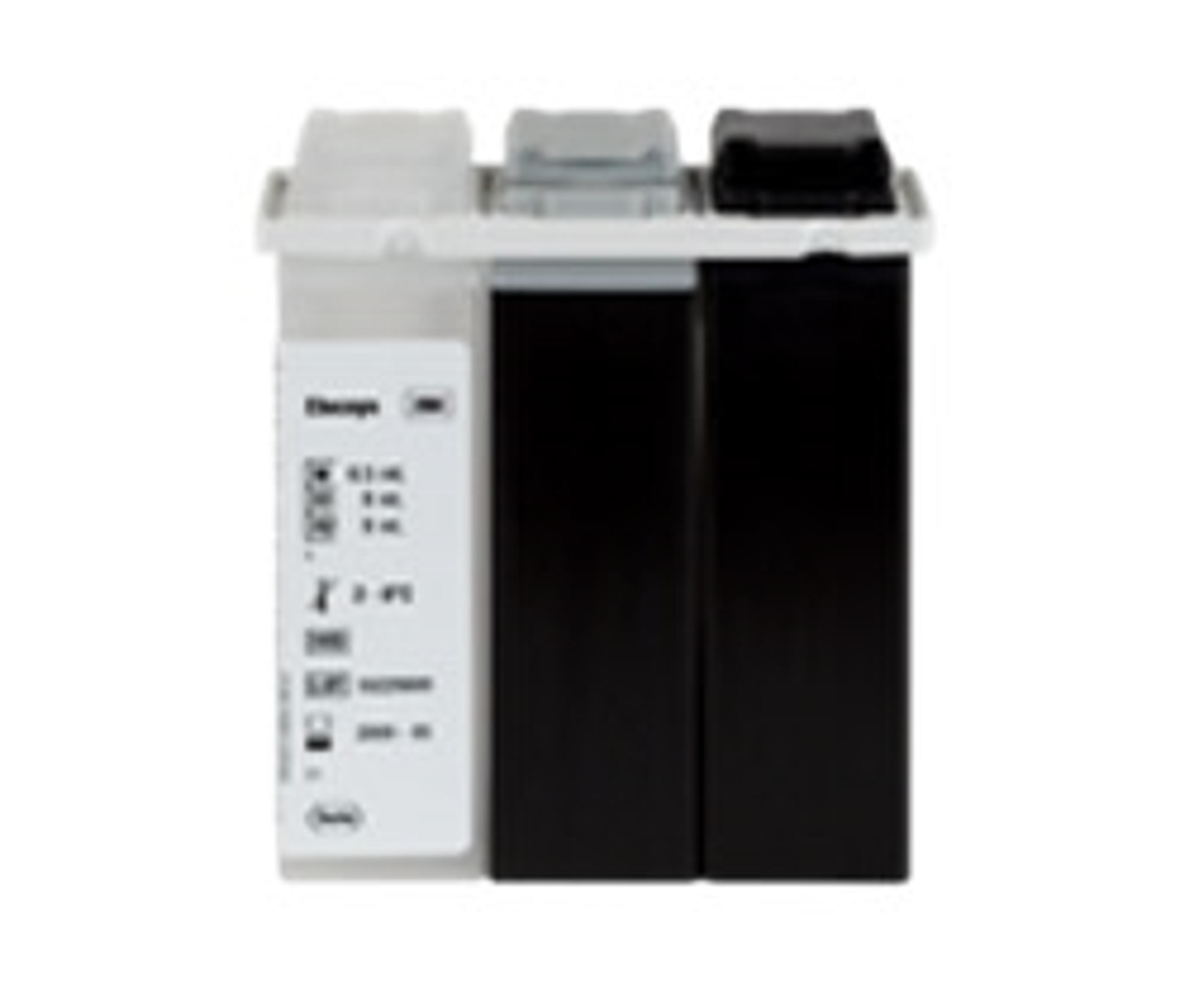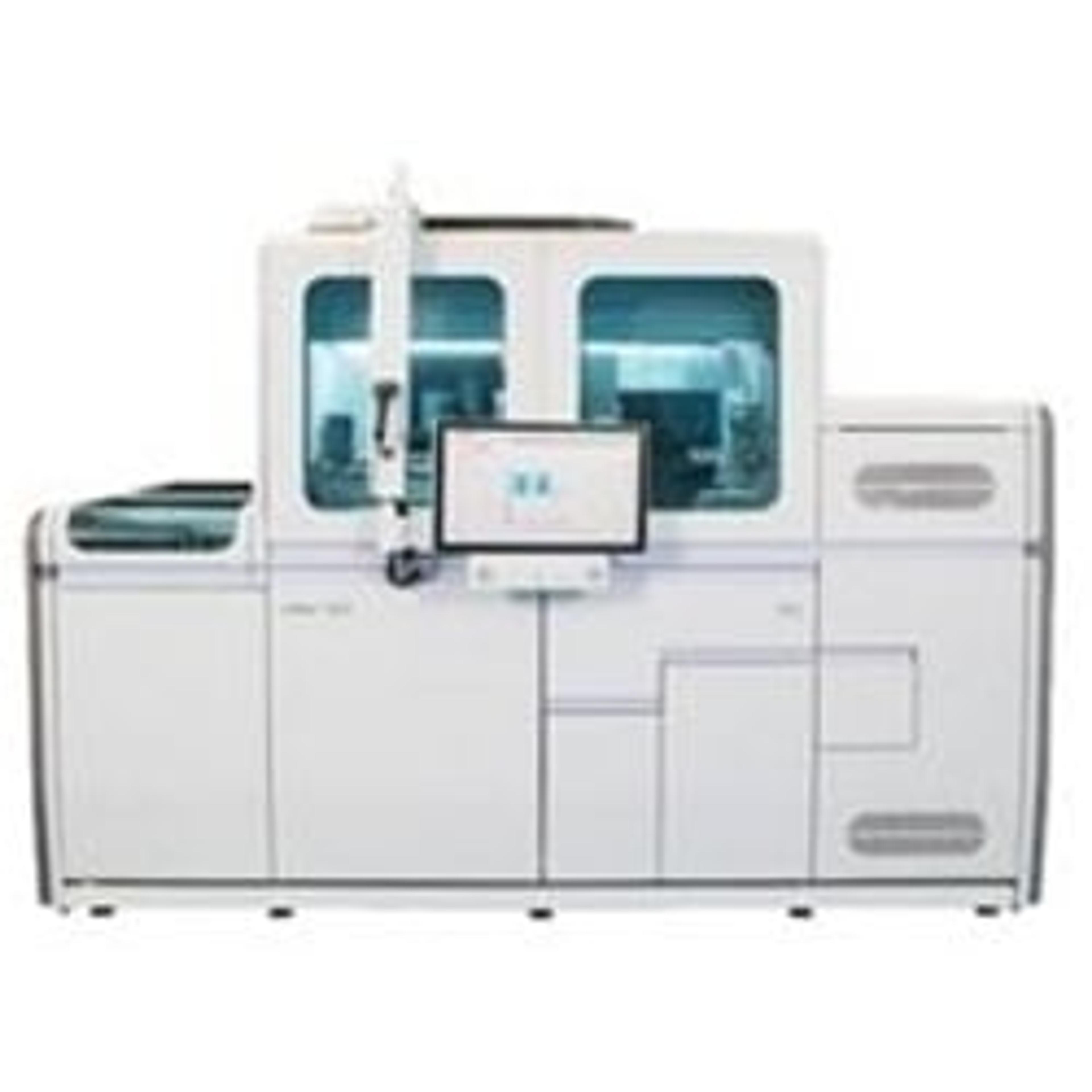Roche launches SARS-CoV-2 variant test to help monitor emerging coronavirus mutations
The cobas SARS-CoV-2 Variant Set 1 Test is designed to detect key spike mutations in virus variants associated with increased human-to-human transmission
16 Mar 2021
Roche today announced the launch of the cobas® SARS-CoV-2 Variant Set 1 Test to detect and differentiate mutations found in variants that originated in the UK (B.1.1.7), South Africa (B.1.351), and Brazil (P.1). This research use only laboratory test can be used to help scientists track mutation prevalence and to assess any potential impact on diagnostics, vaccines and therapeutics, providing crucial insight for healthcare systems in making appropriate measures to combat COVID-19.
Variants of B.1.1.7, B.1.351 and P.1 lineage gained prominence in late 2020, with each carrying a number of genomic mutations. Among them, mutations E484K, N501Y and del 69-70 are located in the spike protein, the region that enables the virus to attach to and enter the human cell. Studies have suggested that these mutations may be linked to increased disease transmissibility, and possibly decreased therapeutic and vaccine efficacy.1-4
“Viruses naturally evolve over time. While most mutations do not have a clinical impact, some variants need to be tracked carefully as they seem to spread more easily and quickly,” said Thomas Schinecker, CEO Roche Diagnostics. “Continued surveillance is essential for public health. Our latest solution provides laboratories a fast and efficient way to investigate these variants found in infected individuals and the potential impact on existing therapies, vaccines and tests.”
The cobas SARS-CoV-2 Variant Set 1 Test runs on the widely available, high-volume cobas® 6800/8800 Systems. Pre-optimized assay design, ready-to-use test cassettes and predefined software parameters enable laboratories to reduce testing complexity and increase walkaway time.
It is important to note that Roche has confirmed its existing diagnostic tests to detect SARS-CoV-2 are not affected by known mutations and remain accurate and effective in detecting active infections. The company is conducting assessments on a regular basis and will continue to monitor as new variants arise.
Want the latest science news straight to your inbox? Become a SelectScience member for free today>>


